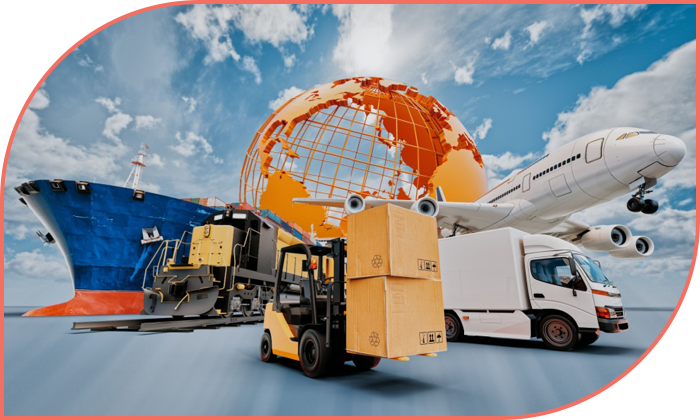Port of Suzhou
Importing from Suzhou to the UK
The Port of Suzhou, situated on the Grand Canal, is flanked by the Yangtze River to the north and Tai Lake to the south. It is made up of three distinct ports: Taicang, Changshu, and Zhangjiagang.
It serves the Suzhou Industrial Park (SIP), which is a leading centre for high-tech manufacturing. It specialises in electronics, including microchips, flash memory systems, computer equipment, and telecommunications components.
Situated in the western part of Suzhou, SND is another significant industrial area served by Suzhou Port. It focuses on high-tech industries such as biotechnology, pharmaceuticals, and advanced manufacturing.
What are FOB and EXW terms?
FOB:
With FOB, the seller bears costs and risks until the goods are loaded at the departure port; the buyer handles import costs and transport from there.
EXW:
With EXW, the seller simply makes the goods available at their premises, and the buyer oversees all export and import procedures.

Compare Ocean Freight Shipping Rates in Seconds
Get instant quotes from leading ocean freight providers. Find the best rates for your shipping needs in one place.
Sea Freight service options from Suzhou to the UK
FCL:
FCL (Full Container Load), where the shipper's goods fill an entire, dedicated container.
LCL:
LCL (Less-than-Container Load), where shippers with smaller volumes share container space since their cargo does not occupy a full container.
Do you need an export licence?

The Ministry of Commerce (MoC) places goods into three categories: approved goods, restricted goods, and forbidden goods.
Export licences issued by the MoC contain information about the exporter(s), buyer(s), cargo, value, and transportation method. Licences are required to export restricted goods.
Chinese Foreign Trade Companies (FTCs) exporting to their subsidiaries in the UK must also obtain a licence. However, trading with a foreign supplier on a free-on-board (FOB) basis does not mandate having a licence.
Essential import customs clearance documentation
To clear your imported products through UK customs, shippers must prepare the following paperwork:
- A commercial invoice
- Import licence if required
- Bill of Lading (BL)
- Economic Operator Registration Identification (EORI) number
- Packing list.
Get The Best Sea Freight Rates Today
Easily compare rates from top ocean freight carriers. Save time and money on your next shipment.